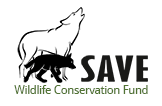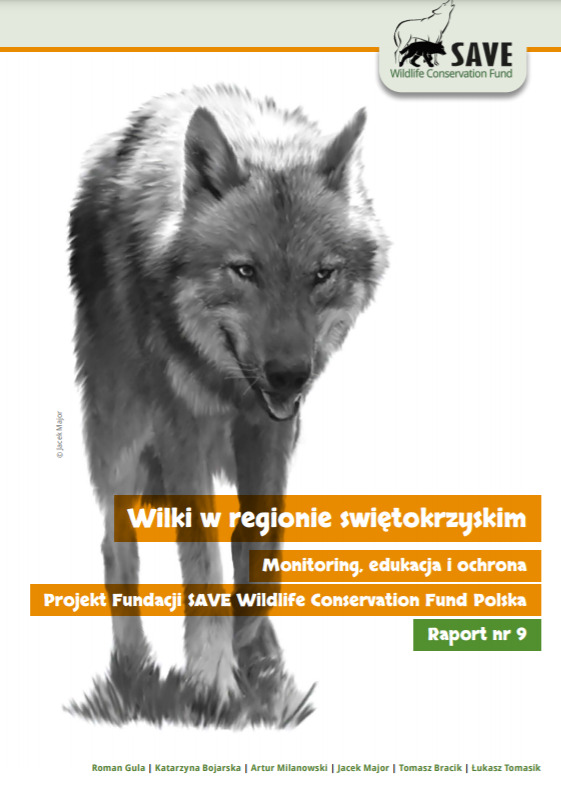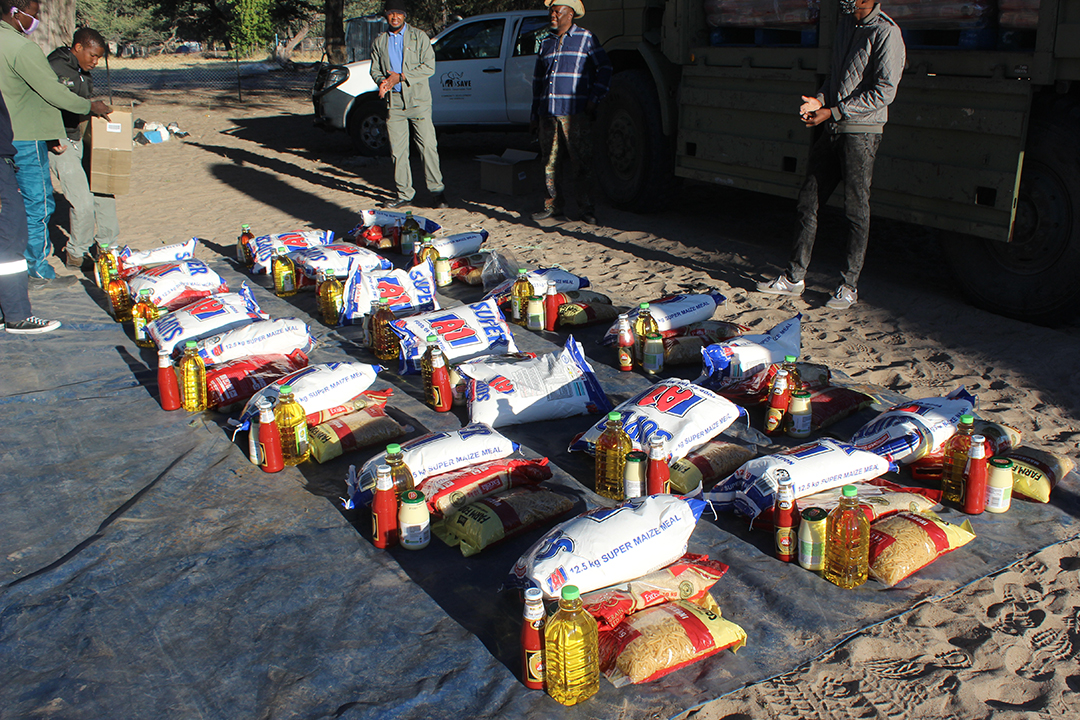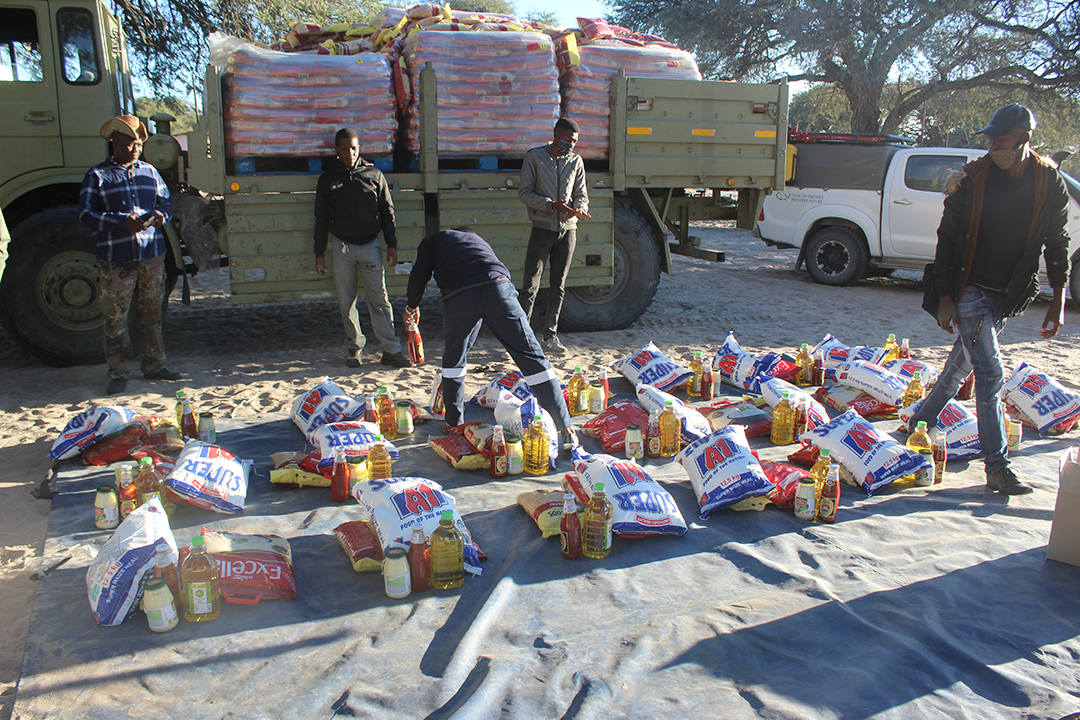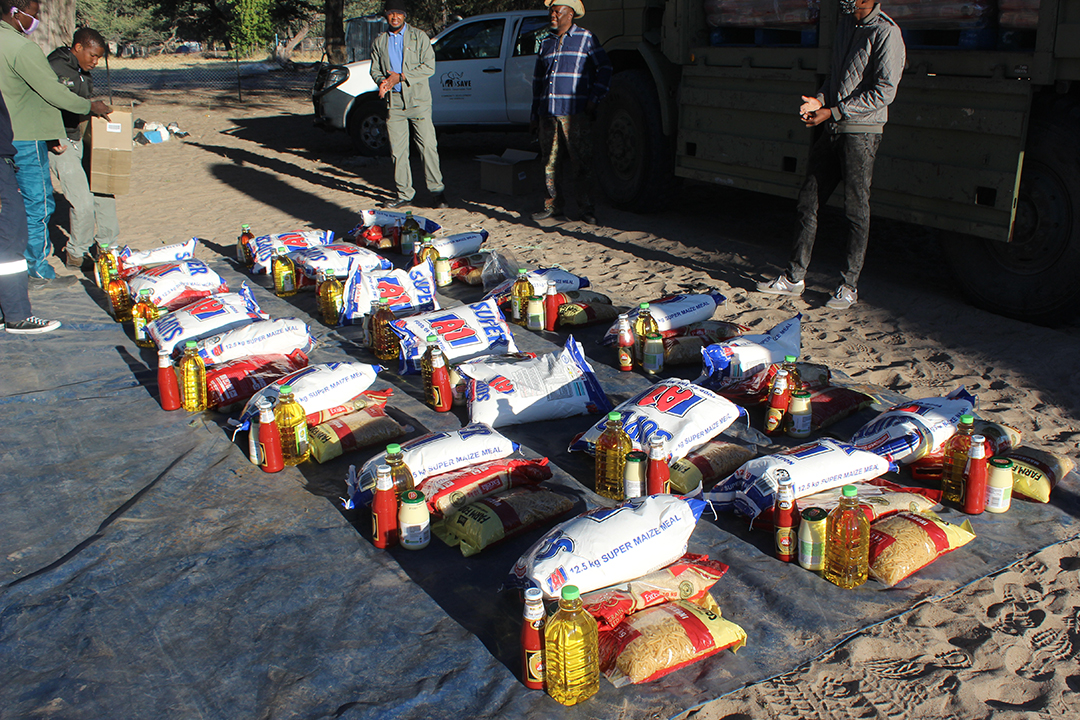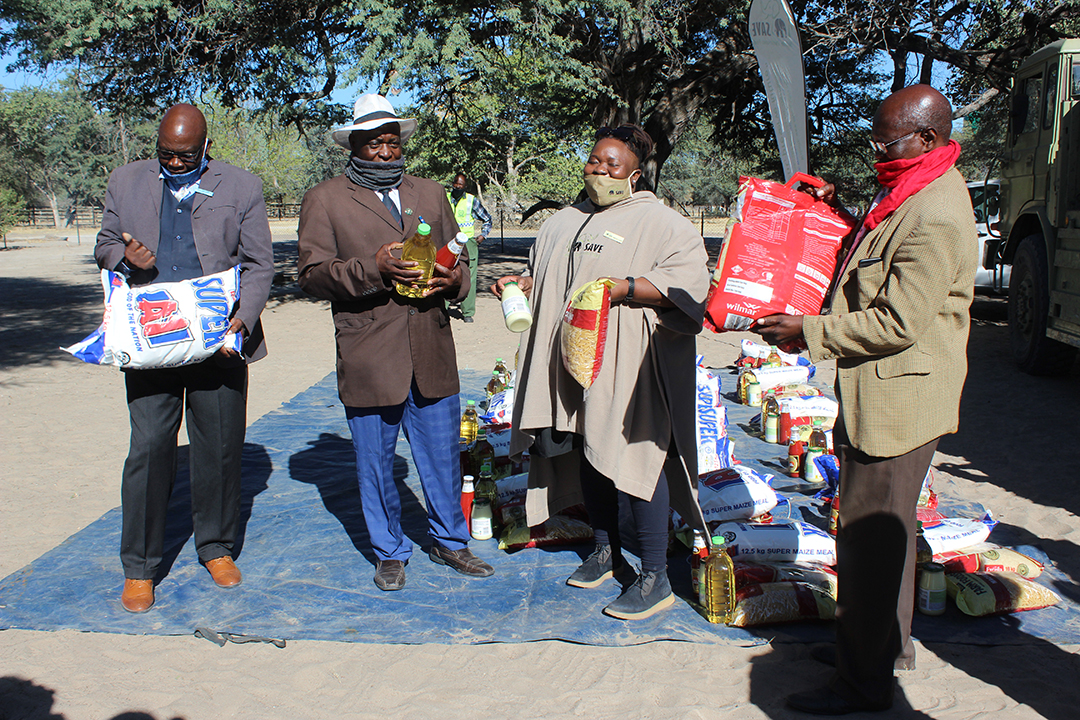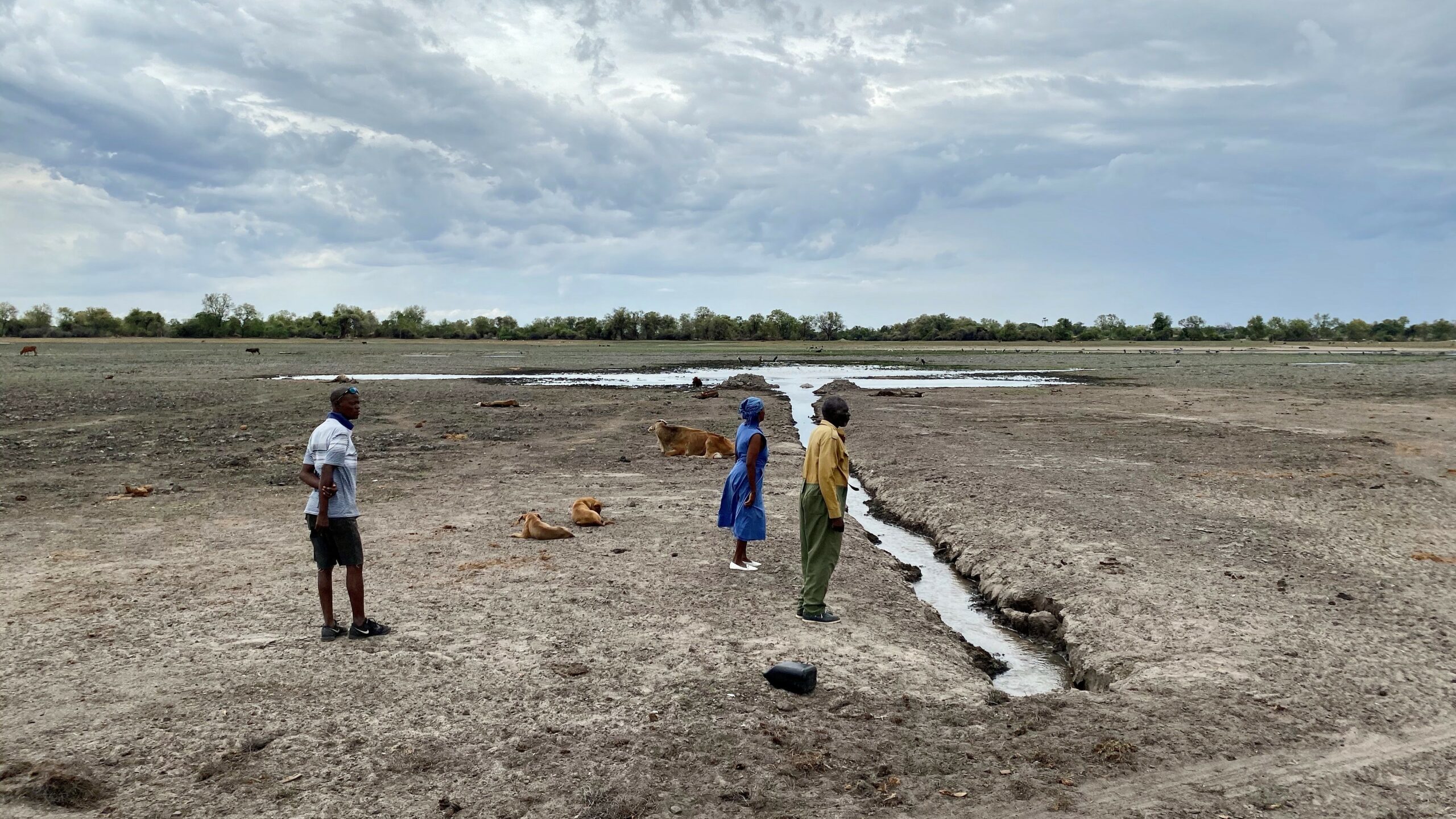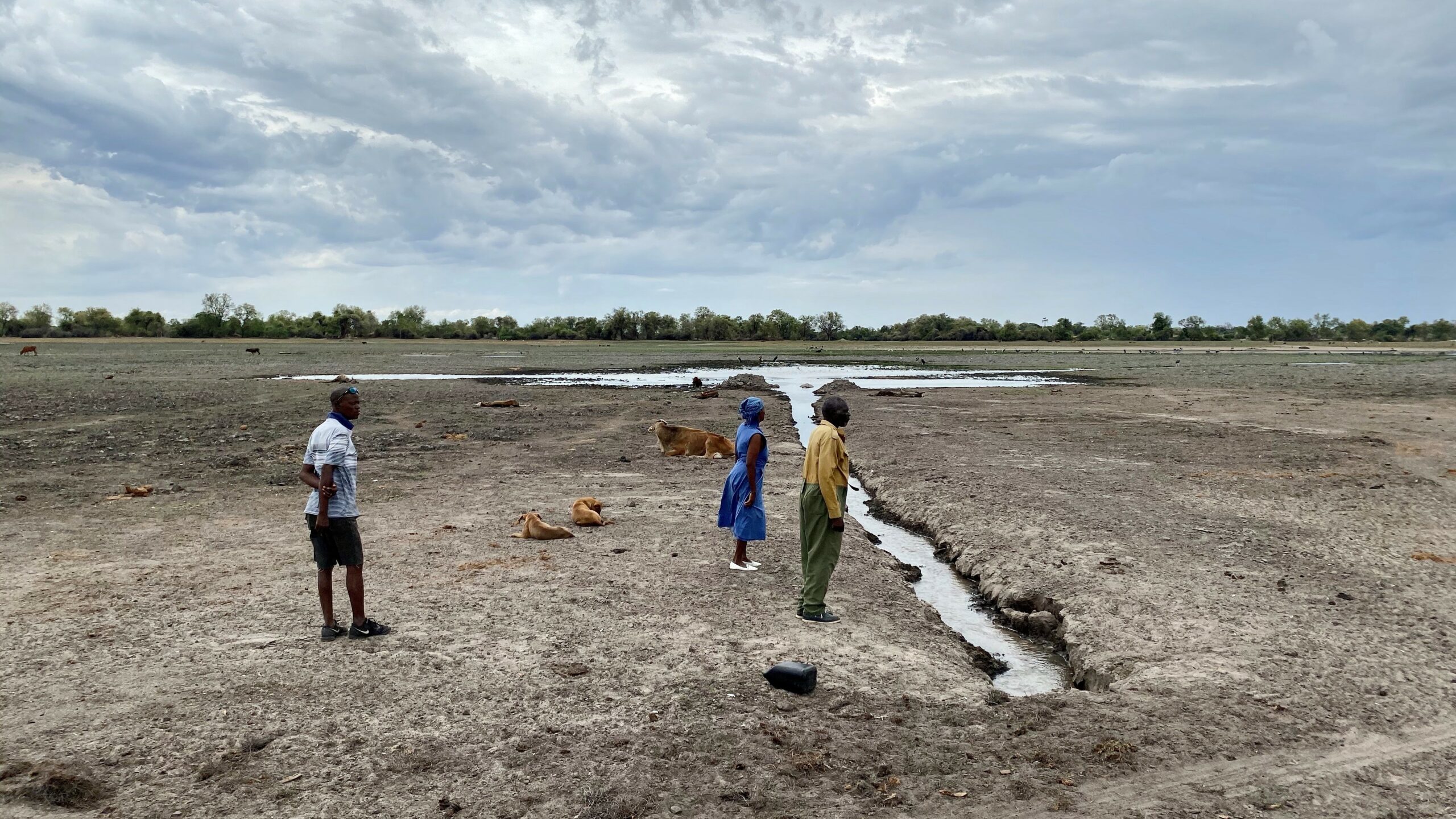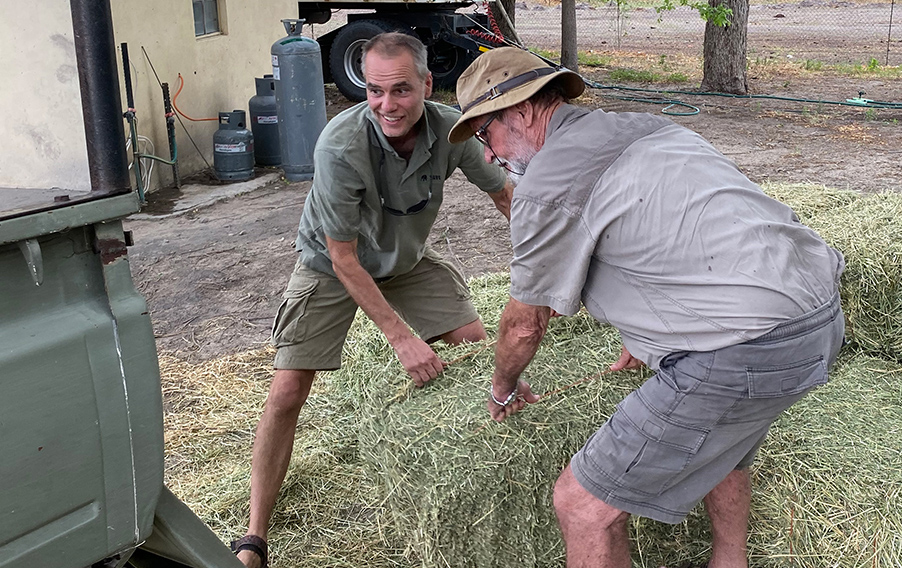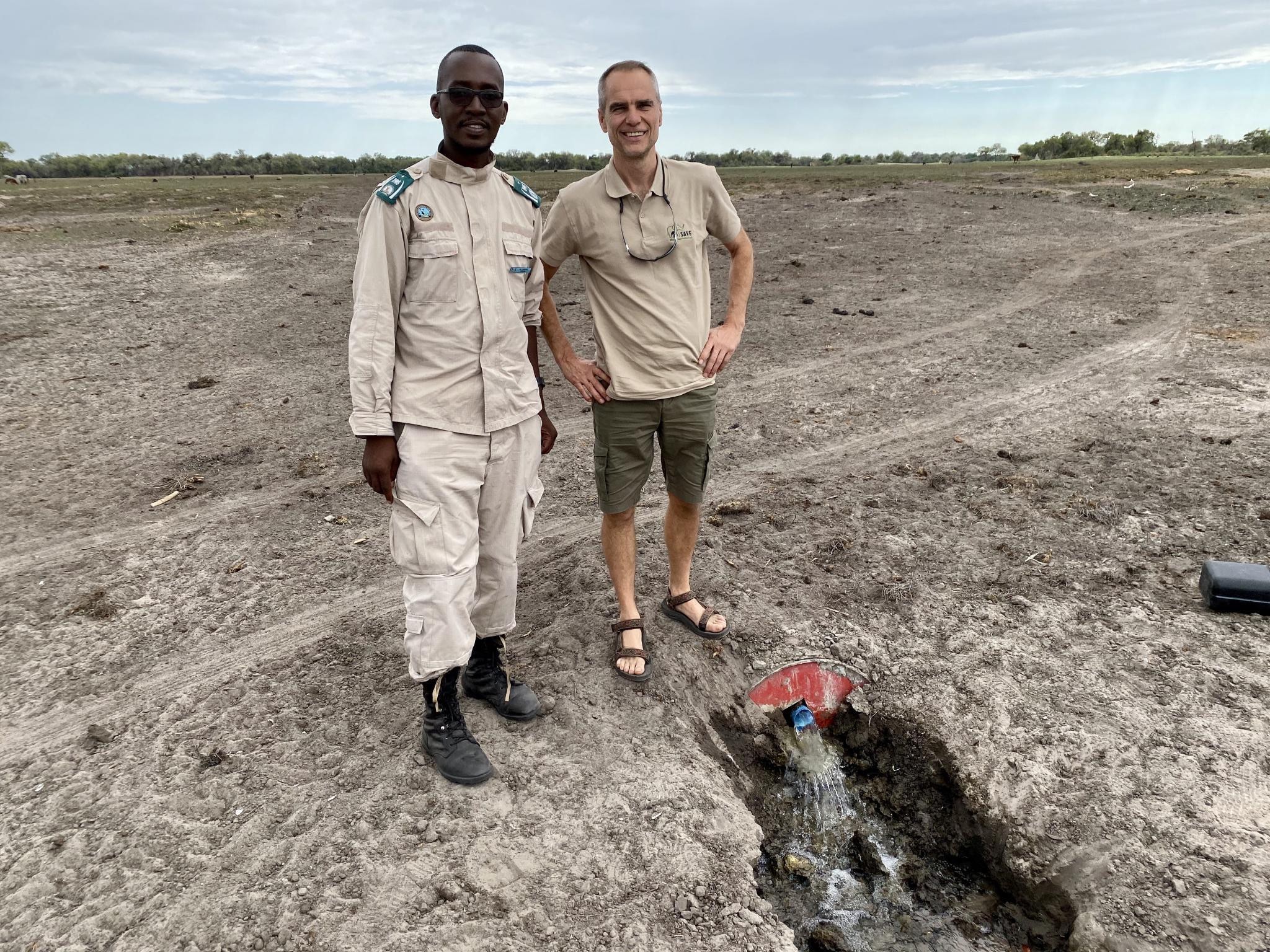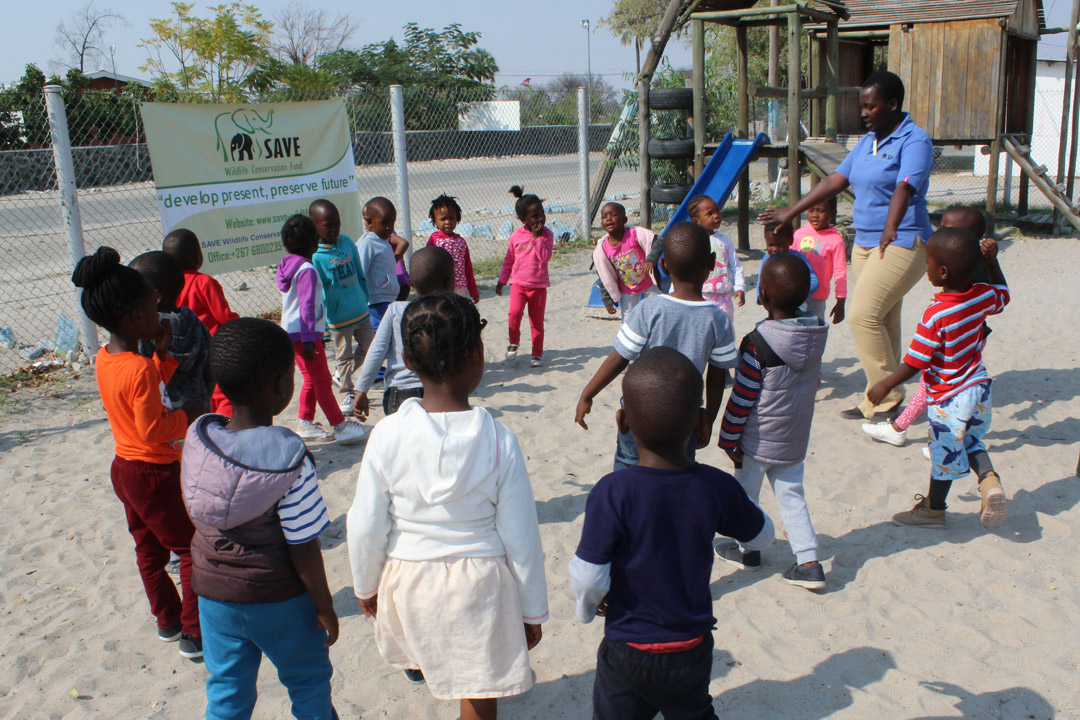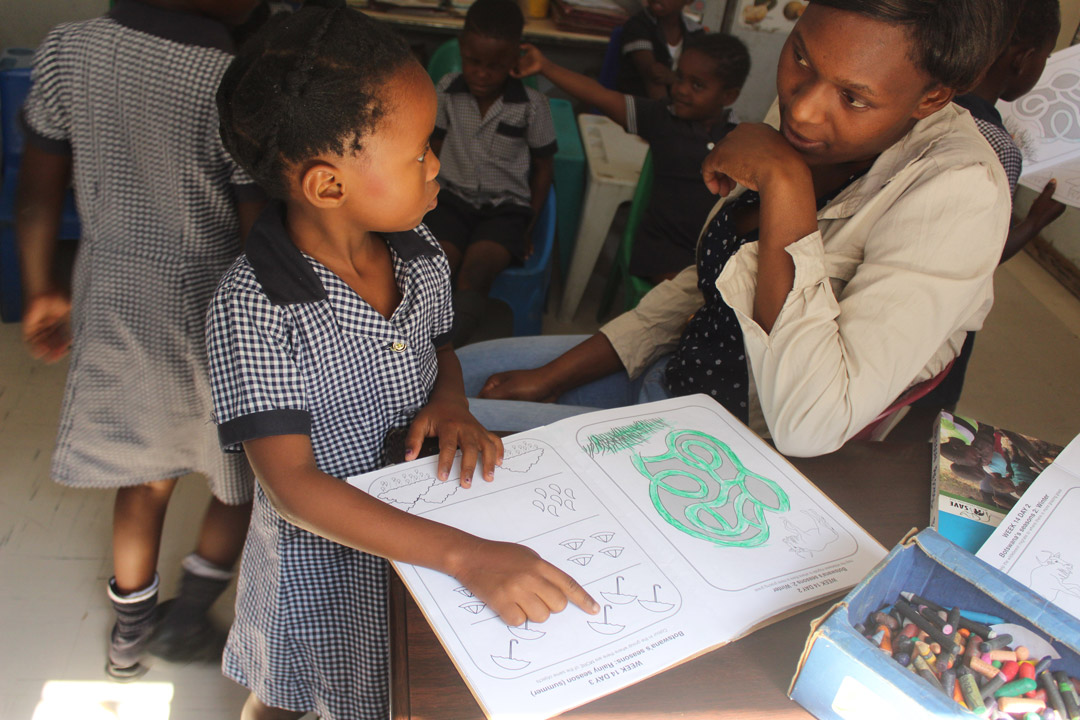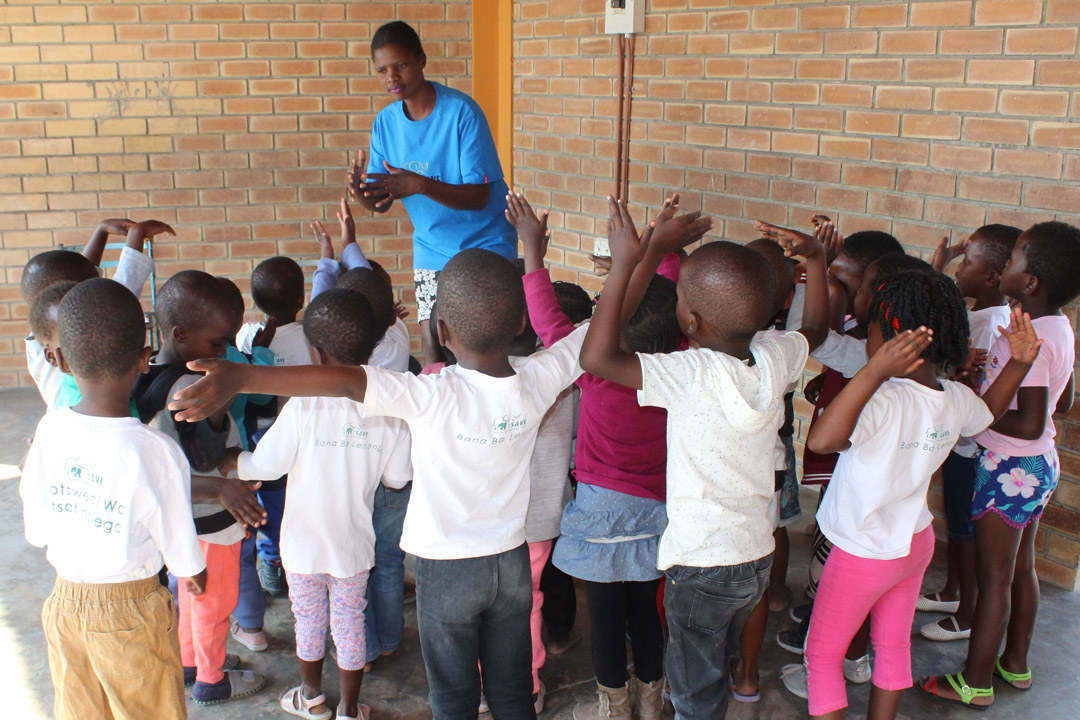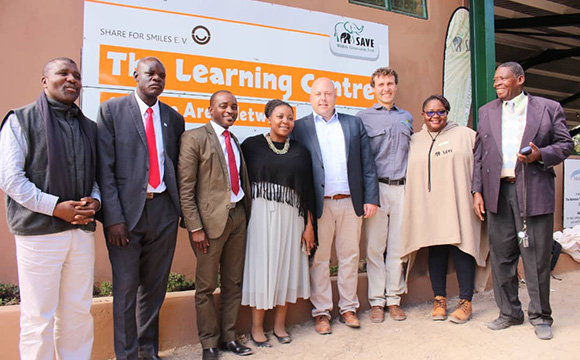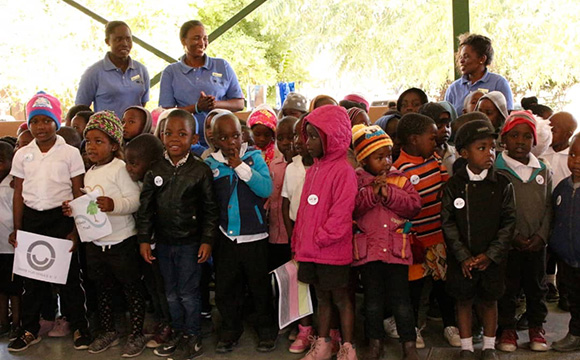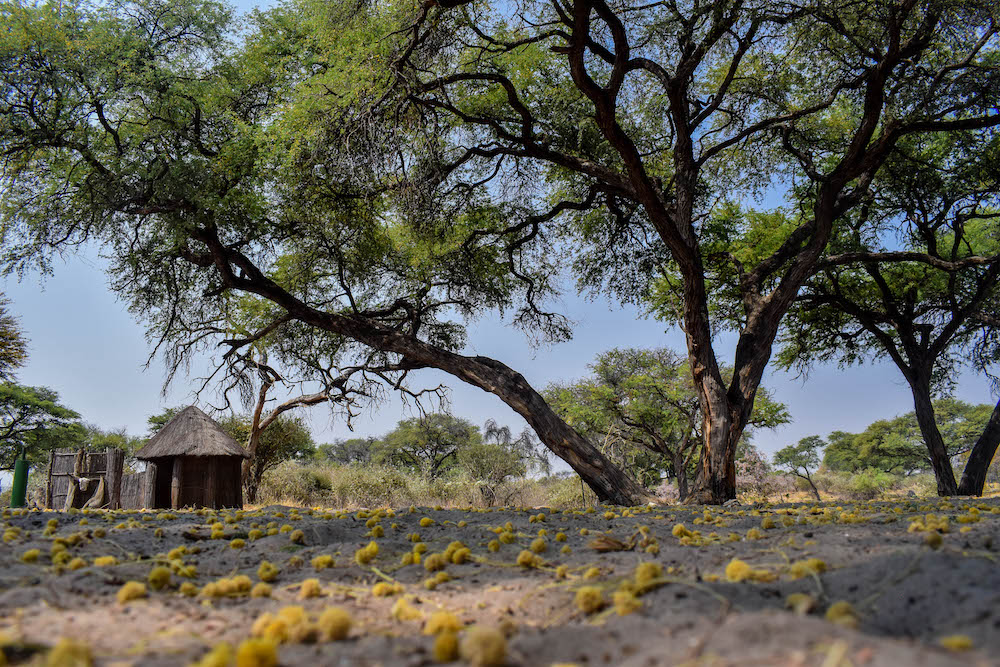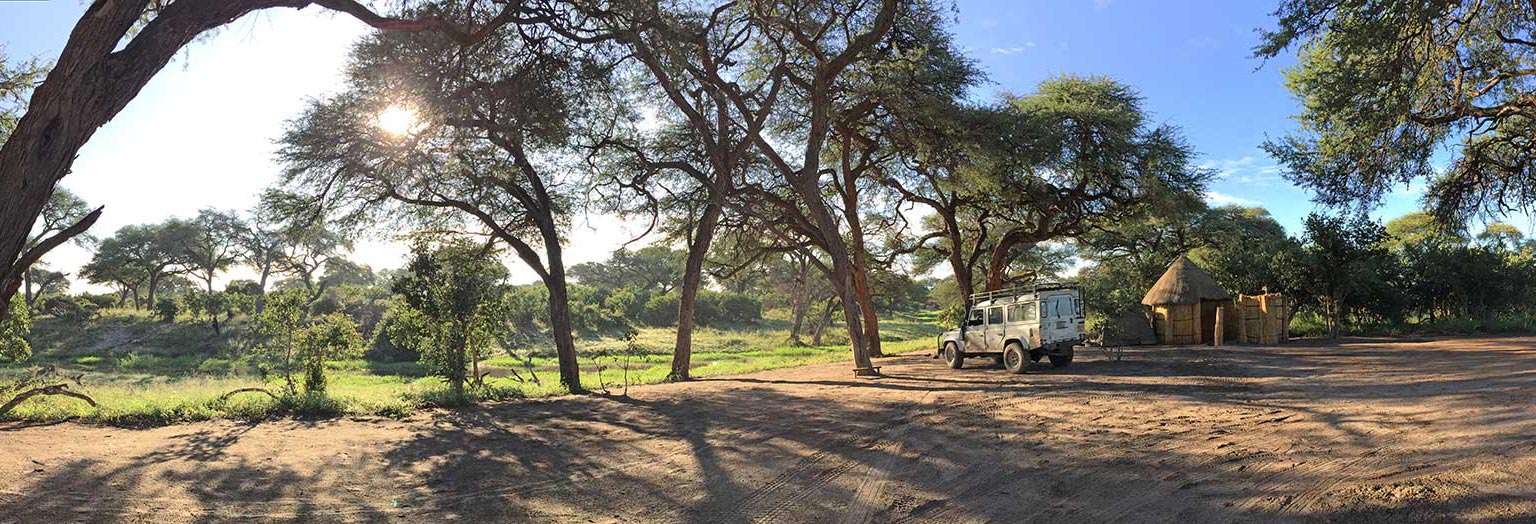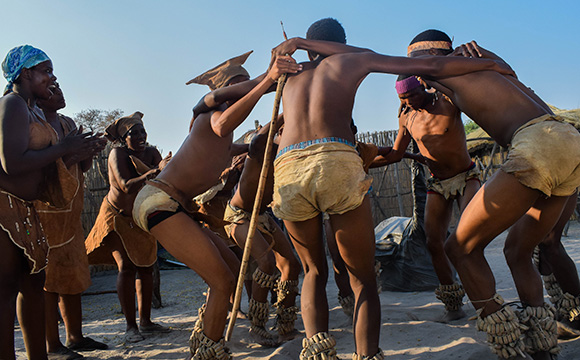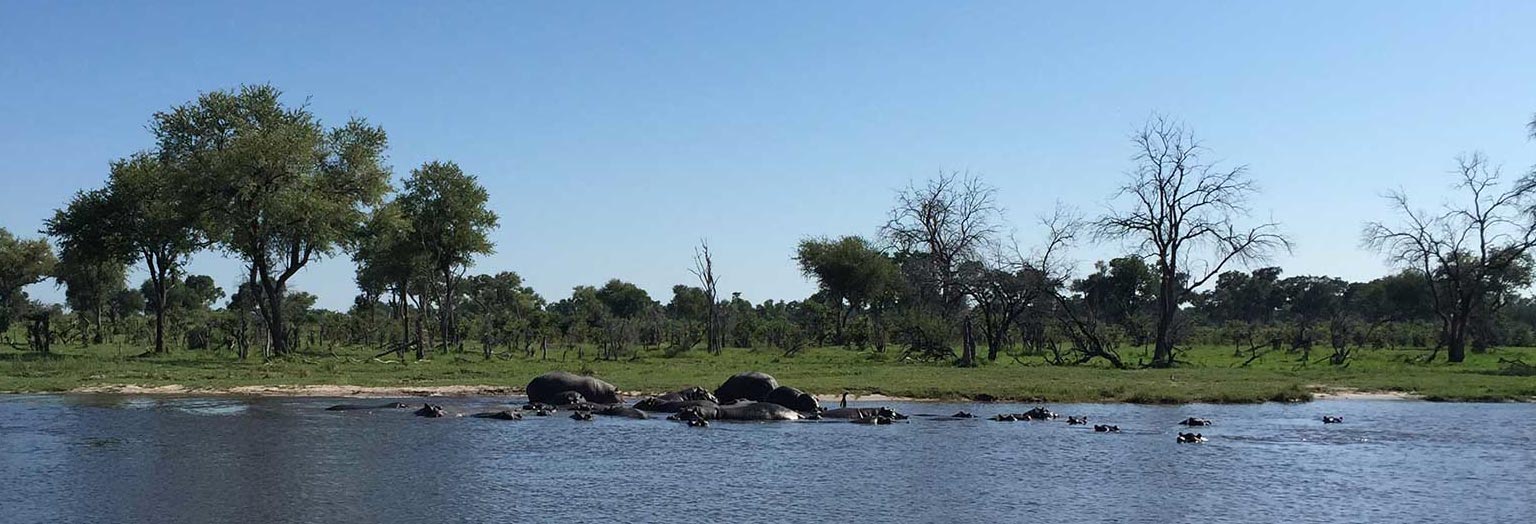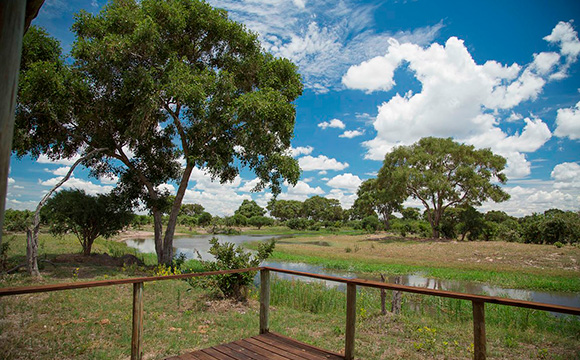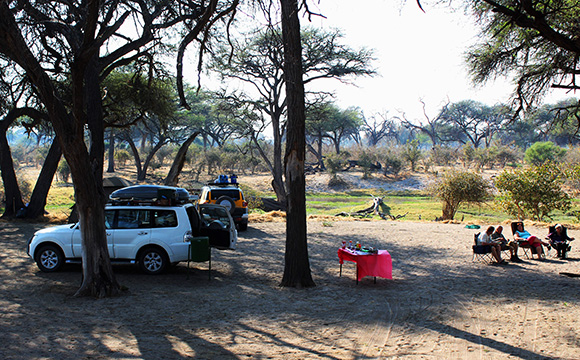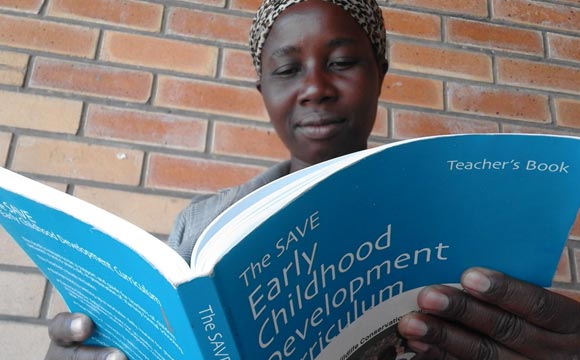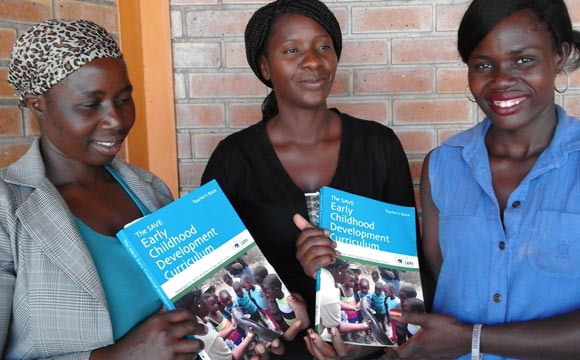Wolves in the Swietokrzyskie Region – report no. 9
Wolves in the Swietokrzyskie Region – report no. 9
Our report ‘Wolves in the Swietokrzyskie region’ is now available! It covers 2 reproductive seasons from 01/04/2019 to 31/10/2020 in 11 forest complexes on the border of the Mazowieckie and Swietokrzyskie provinces.
We have prepared a short summary for you:
– Snowless winter 2019/20 made it impossible to carry out systematic wolf tracking and estimate the number of wolves in winter. Nevertheless, we noted tracks and scats of wolves and recorded wolves in photo-traps.
– In the summer of 2019, we documented the reproduction of wolves in 3 forest complexes (the Świętokrzyska Forest, the Iłżecka Forest and the Daleszyce Forests). In the summer of 2020, we documented the reproduction of 5 families in the Świętokrzyska Forest, Iłżecka Forest, Lipie Complex, Przysuskie Forests and in the forests to the north-east of Iłża.
– In 2020, we caught the first wolf in the region and started telemetry monitoring of the population.
– 5 people participated in the monitoring. In total, we spent around 200 days in the field.
– As part of education, last year, we published 47 notes illustrated with photos, drawings, and video materials on the WILKnet website. Katarzyna Bojarska conducted 4 lectures. We published 2 scientific articles and 2 popular science publications.
More information in the report – enjoy the read!
Corona Survival Packages
Corona Survival Packages
The Corona pandemic did not stop at Botswana either. It is true that the country is far less affected than others; the low population density prevented a greater spread. Nevertheless, the consequences of the pandemic are hitting the country hard. The measures against the spread of Corona mean that there won’t be any tourists. But tourism is vital for most of the population, especially in the north-east. People work on safari lodges or have created an existence by providing services to tourists.
SAVE recognized the urgency of the situation when the first cases of poaching became known, which were not about ivory or the horn of rhinos, but about the meat of the animals. The so-called bushmeat poaching is considered a clear indicator of hunger. While we usually plan individual technical projects in a very targeted manner and create sustainable educational opportunities, we had to take immediate measures here. We have organized food parcels for families to bridge the difficult period. A package of foods such as corn flour, oil and pasta, as well as some hygiene items, helps a family out for two months. SAVE was able to hand over 300 parcels in June in the village of Nxaraga. The village leader Gaolatlhe Kgosigaenyatswe officially accepted the donation for his village and thanked the local SAVE Wildlife project manager, Wabotlhe Letubo, for this spontaneous support.
Draught in Botswana: SAVE helps feeding Wildlife
Draught in Botswana: SAVE helps feeding Wildlife
Climate change and global warming are a tangible reality in Botswana. For the Wildlife they mean suffering thirst and hunger.
Climate change and global warming are a tangible reality in Botswana. For the Wildlife they mean suffering thirst and hunger. More than 120 Hippos got stuck in a waterhole in the Nxaraga community. Besides managing the water supply in the area, SAVE employees fed the Wildlife within the last weeks.
Executive Director Lars Gorschlueter recently visited Botswana in order to get a personal impression of the whole situation and SAVE Botswana’s aid activities. 46.000 liters of water per 10 hours are pumped into the waterhole powered by solar energy. Additionally and as emergency aid, the Hippos are fed with tons of hay that was delivered by Willie De Graaff, a farmer in the area and longtime supporter of SAVE Botswana. An unbelievable scenery as these are free-living wild animals.
SAVE gets Support from UNICEF for Early Childhood Environmental Education
SAVE gets Support from UNICEF for Early Childhood Environmental Education
The aim of SAVE Wildlife Conservation Fund’s Early Childhood Environmental Education Programme is to encourage children in Botswana to care for nature and the environment at an early age.
Botswana is a country still rich in wildlife; however, several species are endangered – either because they are hunted by humans, or because their natural habitat is shrinking, also a result of human destruction of the environment. Early environmental education aims at instilling in children a love for nature and an understanding of the importance of protecting wildlife and endangered species. Our hope is that in the long term, this will help to ensure that humans and wild life can co-exist peacefully.
SAVE is currently conducting a pilot project on early childhood environmental education in 17 villages in Botswana. 40 teachers are engaged in the programme. This year (2019), up to 6,000 children aged 3 to 5 years will participate in the “SAVE Playgroup” programme. This even includes children under the age of 3 years among the target group. These toddler groups will receive additional care in all 17 SAVE pilot villages. Support for the project has also come from UNICEF, who funded a special workshop.
Formal school education plays an equally important role. Literacy measures are being put in place to prevent children from dropping out of school at an early age. A school leaving certificate not only improves a child’s personal prospects of development but also secures the long-term economic development of the country. SAVE also supports health awareness projects. Here too, environmental education plays an important role. For example, children learn how important clean water is or how harmful improper waste management is for their health. Regular teacher training sessions and exchanges of knowledge with the participating villages ensures the quality and sustainability of the project.
Become a Sponsor! Adopt a Playgroup.
Would you like to support future conservationists and SAVE’s environmental education projects? Then why not adopt a village playgroup? A donation of 2.500€ ensures that nearly 70 children will have the opportunity to participate in an environmental education project for a whole year.
Our account details can be found here.
SAVE supports environmental education in Botswana
New environmental education center opened in Shakawe
On July 6th, 2018 another milestone was set by SAVE in Botswana. The Botshelo Trust Learning Center, which SAVE financed common with Share for Smiles, was reopened in Shakawe. Six years ago, a fire had completely destroyed the facility and thus deprived many children of a safe place for various educational activities.
The Minister of Education, Arone Bagalatia, appeared at the opening ceremony and praised the important work of SAVE and its great enrichment for the region. Not only children benefited from the projects, but also marginalized population groups in the region, he emphasized.
On behalf of the government, the Minister thanked Lars Gorschlüter, Managing Director of SAVE, for the great work done by the Environmental Foundation in the education sector and assured continued support by his ministry. Tobias Bader and his wife represented the partner organization Share for Smiles.
Numerous families out of the surrounding area also took part in the festivities and enjoyed a colorful program presented by children of the Botshelo playgroup.
SAVE-Campsite Project in Botswana now opened
SAVE-Campsite Project in Botswana now opened
Holidays with the Big Five, in harmony with nature
The nature conservation organization SAVE Wildlife Conservation Fund from Wülfrath has financed three campsites in Botswana, which have been opened just in time during the best season for trips to Southern Africa. For those who want to escape from winter, the campsites provide gentle tourism while helping local people make a living.
The Big Five: in Botswana, protected national parks ensure that wild animals such as elephants, rhinos, buffalos, lions and leopards – the so-called big five – but also numerous other wild animals still live in almost untouched nature. This attracts tourists and generates income.
But especially in and around the national parks the interests of animal and nature conservationists often collide with those of the people living there. So far, the local population has not profited much from the tourism income. And animals, which are under species protection today, have always been a source of food for them, they have been hunted and eaten.
With various educational measures and projects, SAVE therefore sensitizes for species and nature conservation in the region. The fact that humans and animals live in peaceful coexistence and that people can even earn money through the animals is demonstrated by the new campsites.
With financial and technical support from SAVE, three community campsites have been set up in the last three years in the municipality of Mababe on the Khwai River in the northern part of Botswana. The project was supported by the Botswana Ministry of Tourism and has now been awarded the Tourism Licence.
The idyllic camping sites on the Khwai River, Xanakgaei, Dijara and Dizhana, are now open to individual tourists. The campsites on the edge of the Chobe and Moremi National Parks offer space for up to 100 campers each. The proceeds out of the bookings are fully available to the community and flow into other social and nature conservation projects.
Further information about the campsites can be found at
The SAVE Early Childhood Development Curriculum
The SAVE Early Childhood Development Curriculum
The specifically developed book supports our SAVE teachers in preparing children between four and six years old for starting formal schooling.
The curriculum includes information for setting up a workable daily routine for playgroups, lesson plans for a year, a clear listing of concepts and skills taught, preschool learning topics with a focus on conservation and wildlife, songs and rhymes, teaching tips and ideas, basic teaching resources and an assessment guide for school readiness.
